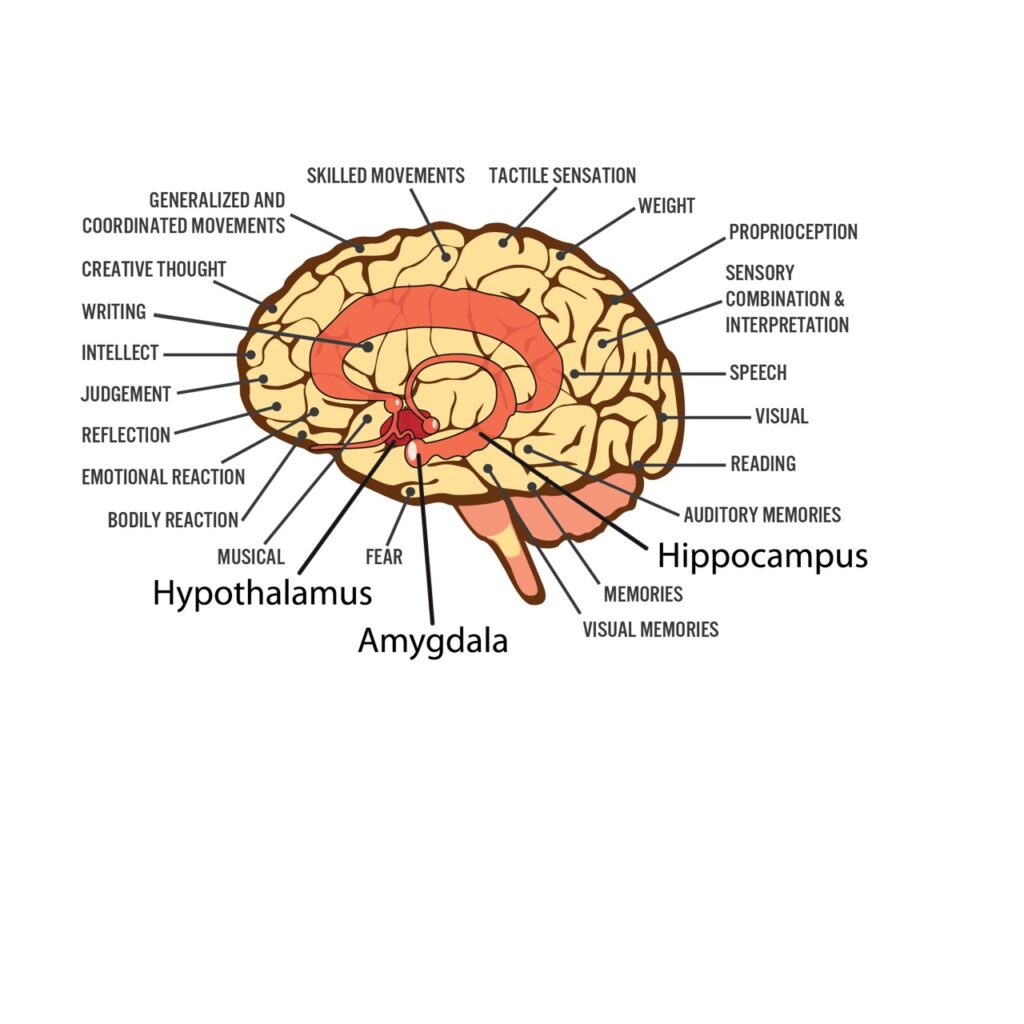
If you and your partner, (or your child, or anyone) are trying to match wits verbally, chances are it’s going downhill fast! Verbal fights tend to escalate and rarely have a satisfactory resolution for either party. If strong emotions are involved like fear, hurt, or anger, your adult-thinking brain climbs into a cave. Later, when calmer, you may think, “Why did I say that? I don’t like to act like that!” Or you blame the other, “If he wouldn’t…If only she would….” The days it takes for both parties to recover some emotional balance add to the pain. If repeated frequently, despair and hopelessness develop. This is when couples begin to contemplate separation or divorce. “I think I don’t love him anymore.” “She’s never going to change.” And the excuses begin to pile up. “We married too young. I gave up my dreams. The unexpected pregnancy took us off course.” When a fight is brewing, it’s important to know the first way to stop a fight.
The Two-Year-Old Within

Every one of us has a two-year-old within… You know, the part of you that, when you’re angry, you only want to hurt back or win at all costs. Two-year-olds are not bad. They can be delightful, creative, joyful…even adorable. But what happens when most two-year-olds are told, “No, you can’t have that candy right now,” or “Give Sissy back her doll.” The Terrible Twos are known because of the frequency of tantrums and answering “NO!” to almost every command. For a literal two-year-old, it’s an important phase in their development. They are learning that they are a separate human being with an independent will.
The scientific name for the two-year-old in an adult body is the limbic system, also known as the “lizard brain.” It is the primitive part of the brain that controls emotion and other instincts necessary for survival. When our will to win and our need for love, attention and connection are not met or are threatened in some way, the lizard brain is activated. It reacts with primitive, immature behavior that escalates a fight, damages the relationship, and ultimately makes it harder for those needs to be met.
The “lizard brain” is important. We need that part of the brain to make quick, instinctive, survival decisions…like to avoid a collision, or kill an attacking tiger. When that part feels threatened and is over-stimulated (emotionally triggered) we find it very challenging to think rationally…to be adult and mature.
How to Switch to the “Thinking Brain”

The amygdala is a complex, more developed part of the brain that, among other things, can make rational decisions. It’s hard to switch when you’re caught up in defending your point of view or fighting to survive emotionally. But it can be done. A wiser, higher part that is watching the scene with some detachment must step in. The Wise Part says, “This is out of control. My person is saying things that are so hurtful and disrespectful. Apologies will be necessary later. I need to tap him on the shoulder, or whisper in her ear, “It’s time to stop this craziness!”
Listening to Your Wiser Self
It takes a pause, a deep breath, a moment of intelligent, determined decision to disconnect from the lizard brain. It means taking control of the inner two-year-old. In the classes my late husband and I taught, he’d sometimes ask the question, “Who is the smartest one in the fight?” The class would look bewildered. He’d then say, “The one who chooses a skill that will stop the fight.”
Strategy Number One To Stop a Fight
Fights can only continue when both are speaking and no one is listening. So, strategy #1 is to begin listening. The most effective way to convince the other person that you’re truly listening is to respectfully repeat back what he or she is saying. It’s called Active Listening, or Mirroring. I call it Listening to Understand. It requires a shift in purpose. You can’t do this when your purpose is to win the fight. In order to listen for the purpose of understanding (respectfully, calm tone of voice, no eye-rolling or sarcasm) you must set your agenda aside…temporarily. This is an ADULT DECISION. Adults can wait their turn. Adults can choose to understand where the other one is coming from even if you still disagree. This is outside of the skill set of a two-year-old! AND, you KEEP repeating back whatever the other one says, even if it’s attacking and hurtful. Each time you repeat back, the volume of your partner’s messages will reduce, the intensity of the argument will diminish and your partner will calm down.

True confession: it was often my late husband Jim who switched to his Adult Self first. But as soon as he did, I was reminded to tone it down, take a deep breath, and reach for my Adult Self, as well.
Becoming “Adult” 24/7
When the angry two-year-old is in charge, he or she is dependably disrespectful, attacking, demeaning, and hurtful. Disrespect eats away at the feelings of love. Two-year-olds destroy a lot of otherwise great marriages.
Respect nurtures love. Our Wise Part wants us to be healthy and happy. Therefore the Wise Part calls to the Adult Self to be respectful, kind, and patient…all qualities that nurture loving feelings and enable the resolution of issues.
After Jim and I committed to always treat each other with respect, we never had another fight. It only took a few weeks to get in the habit of switching from the two-year-old to the adult, but there was a huge payoff for learning that skill! We enjoyed seventeen more years together without even a harsh word between us.
Was the effort worth it? Absolutely! For those seventeen years before Jim died, there was a constant flow of loving between us that was never blocked by pettiness, selfishness or other hurtful attitudes.
Some couples tell me it’s too hard. They can’t do it. But all they’re saying is they aren’t willing to exchange bad habits for great ones in order to have the result they say they want…a happy, loving, peaceful marriage. What are you willing to learn and practice in order to have the relationship you want?
Hint: There’s more to respect than Listening to Understand. The companion skill will come in next week’s newsletter.
You have my love and support,


